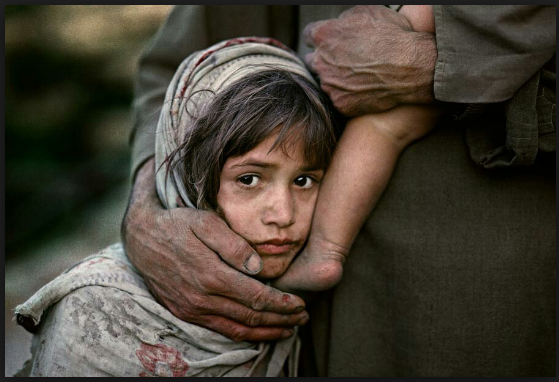“Disgusting” US Still Teamed Up with Saudi Arabia against the Yemeni Issue
YemenExtra
SH.A.
Yemen’s humanitarian crisis is the most important story in the world, but because its victims are poor and practically invisible to the rest of the world their stories are mostly unheard and then ignored even when they are told.
In yet another “disgusting” move, the United States has teamed up with Saudi Arabia to delay a United Nations Security Council resolution endorsing the Hodeidah ceasefire agreement reached last week.
This is while the United Nations has warned that the besieged people of Yemen can’t afford any more delays, as “85,000 children have already starved to death” and “millions more face the prospect of famine and death” due to the years-long US-backed Saudi assault.
The UN says the US should be doing everything it can to support the ceasefire, not undermining it.
The Hodeidah ceasefire could quickly collapse if a Security Council resolution endorsing the agreement is not adopted soon. Oxfam America has declared, “The UN Security Council needs to adopt a resolution to save lives now in Yemen because the people of Yemen can’t wait. State Department, stop blocking for Saudi Arabia/ UAE and get out of the way.”
Meanwhile, the rising death toll of children in Saudi-led war on Yemen is generating strong messages of condemnation from international institutions and human rights organisations – with the United Nations remaining helpless as killings keep multiplying. Medical humanitarian organization Doctors Without Borders says most of the casualties are 8-15 years old, and that the US-backed, Saudi-led coalition is responsible for the deaths.
The 1949 Geneva Convention, which governs the basic rules of war, has also continued to be violated by the greatest offenders in the conflict. Even UNICEF agrees. In a new report on children in conflict zones the organisation says one of the worst cases is Yemen where an average of eight children are being killed or maimed almost every day.
Under the circumstances, what is not in dispute is that as per the UN Charter there is a moral imperative and a legal obligation on the part of Saudi Arabia and partners to respect the ceasefire agreement. The US should never jeopardize, much less derail the deal for national interests and regional politics. Under International Law, the US-backed airstrikes amount to war crimes and crimes against humanity, as the offensive has no international legitimacy.
The war on Yemen is still a particular tragedy for children. Children are being killed by Saudi bombs and those that survive face the growing threat of disease and malnutrition. As devastating as the conflict is for the lives of children right now, it will have terrifying consequences if the ceasefire agreement is not adopted by the UN.
This cannot be allowed to happen. This is an important issue and it should receive great attention by the media as well. Together with the international civil society, they should force the Saudis and their allies to respect the deal and to stop bombing civilians and come to terms with accountability for the devastating loss of civilian lives at their hands.
In particular, the world community should call on the UN to abandon its politics of shame and review the Saudi war crimes and act on it, which has received international attention and condemnation in recent days.
Over 18,000 missile attacks on markets, hospitals and cultural centers by Riyadh and coalition partners UAE, Bahrain, Kuwait, Qatar, Egypt, Jordan, Morocco, Senegal and Sudan, the borders between the two belligerents remain largely unchanged.
UNHRC data indicates that at least 8 million of the nation’s 28 million people require emergency food assistance immediately, while humanitarian workers in the nation have identified areas in which people are eating leaves to survive, as an estimated 2.3 million people in the country have been driven from their homes and are now refugees.
As the Saudi-led coalition disrupts supplies of food and other necessary items, including medical equipment, through the sea, land and air blockade.

